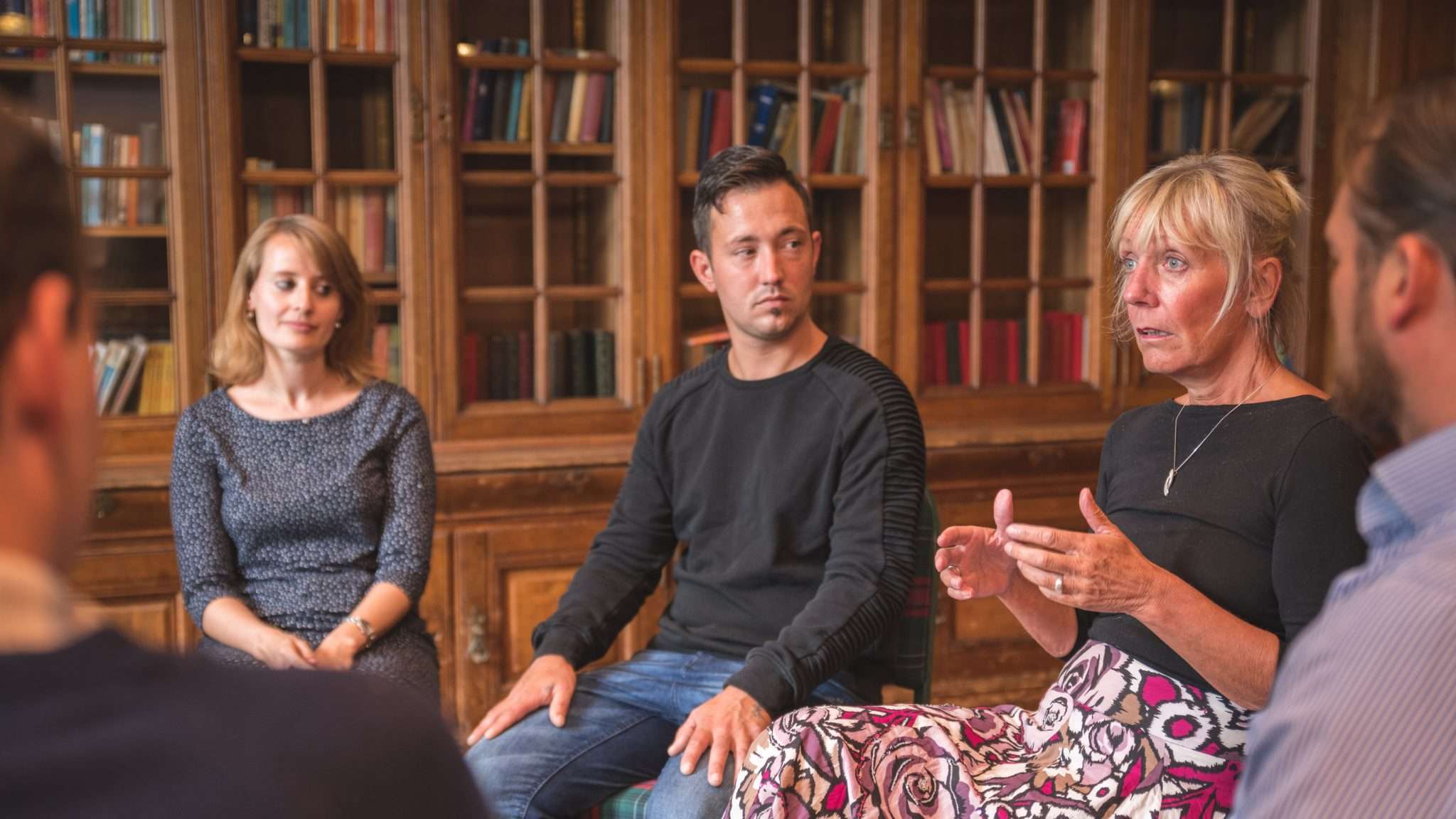Table of Contents

Download Our Brochure
What is Khat?
Khat is a green-leafed shrub (called Catha edulis), that is native to East Africa and Southern Arabia. The plant contains two alkaloids: cathinone and cathine, whose effects are similar to amphetamines.
The main psychoactive ingredients in khat are cathine and cathinone which are classified as stimulants, though less potent than amphetamine. These two chemicals are classified as Class C drugs in UK law. The import and use of khat were banned in the UK in July 2013, partly as a measure to prevent the country from becoming a center for smuggling khat to other regions.
Khat is imported from abroad, and mainly used among migrant communities in the United States and Europe. It is available in parts of London among the emigrant population.
Users chew the green khat leaves, smoke them or make them into tea or add them to food.

Who Uses Khat?
Khat has traditionally been used in African countries like Somalia, Yemen, and Ethiopia as a medicine to treat depression, fatigue, and stomach ulcers; to enhance performance; to lower appetite and need for sleep; it has been associated with increasing aggression: civilian and military use of khat is believed to have fueled civil war in Somalia.
Khat has been brought by immigrants from East Africa and the Middle East who have settled in communities around Europe and North America. Khat is an illegal substance in most of Europe and North America, often included in the same drug category as cocaine.
Effects of Using Khat
The effects of using khat are similar to those of other amphetamines. These effects subside after 90 minutes to 3 hours but can last 24 hours.
Chewing khat can cause:
- A state of euphoria and elation,
- Feelings of well-being,
- Feelings of increased mental alertness and arousal,
- Suppression of appetite,
- Aggressiveness,
- Anxiety,
- Manic behaviour, paranoia or psychosis,
- Lack of concentration, loss of energy and insomnia,
- Increased blood pressure, breathing rate, and heart rate.
Khat Withdrawal Symptoms
The main reported withdrawal symptoms of khat misuse are:
- Depressive mood,
- Irritability,
- Loss of appetite,
- Difficulty sleeping.

Free Addiction Assessment
Side Effects and Health Risks of Khat Abuse
Despite generally being considered a mild stimulant with moderate physical addiction, khat is proven to be psychologically addictive as well. Dangerous side-effects associated with heavy or long-term use of khat include:
- Tooth decay and periodontal disease;
- Gastrointestinal disorders: ulcers, stomach inflammation;
- Cardiovascular disorders: irregular heartbeat, myocardial infarction;
- Chewing khat leaves may worsen pre-existing psychiatric conditions;
- Khat abuse causes serious liver damage;
- Regular use may lead to insomnia, anorexia, anxiety, and irritability.
Khat Abuse Treatment at Castle Craig
Most people abuse khat for mental energy, physical alertness, and performance-enhancing properties. However, khat use may lead to serious physical illness and mental addiction.
Castle Craig offers a structured drug addiction treatment programme that addresses both the physical symptoms and psychological, habit-forming consequences of stimulant drug misuse such as khat addiction. Our programme provides 24/7 medically-supervised detox, consultant psychiatric care as well as a combination of specialised addiction therapies and complementary therapies, adapted for each patient’s needs within a personalised khat abuse treatment plan.
Contact us for more information, advice, and help with khat addiction.
CATCH Recovery is a leading outpatient clinic in London that provides exceptional addiction treatment services for patients struggling with substance misuse disorders. The clinic offers personalized treatment plans that are tailored to meet the unique needs of each patient, with a team of highly trained and experienced addiction specialists who work closely with patients to help them achieve long-term recovery.
As a trusted partner of Castle Craig, one of the UK’s leading residential addiction treatment centers, CATCH Recovery offers a seamless continuum of care for patients transitioning from residential treatment to outpatient care. This ensures that patients receive the best possible support and care throughout their recovery journey.



